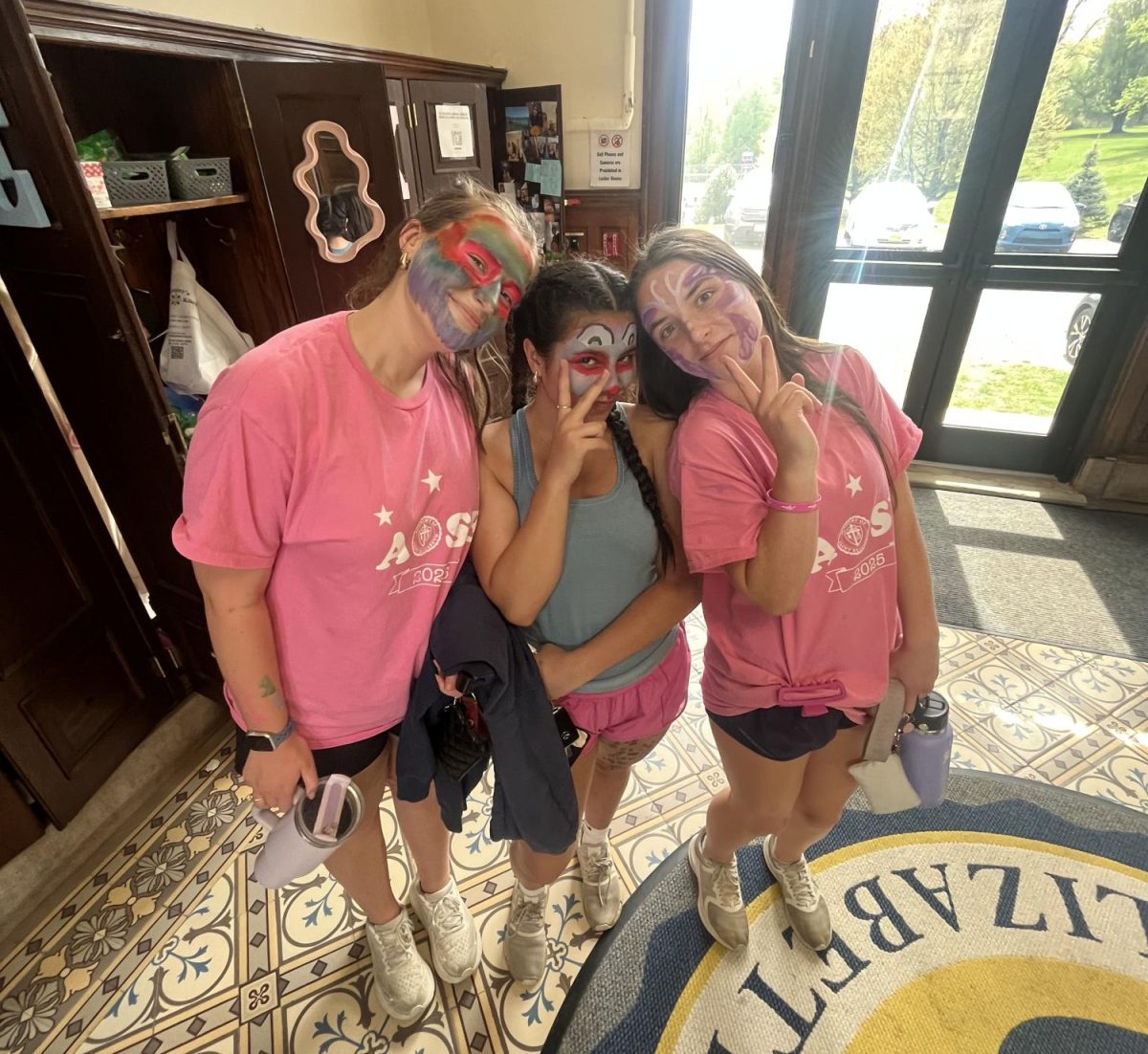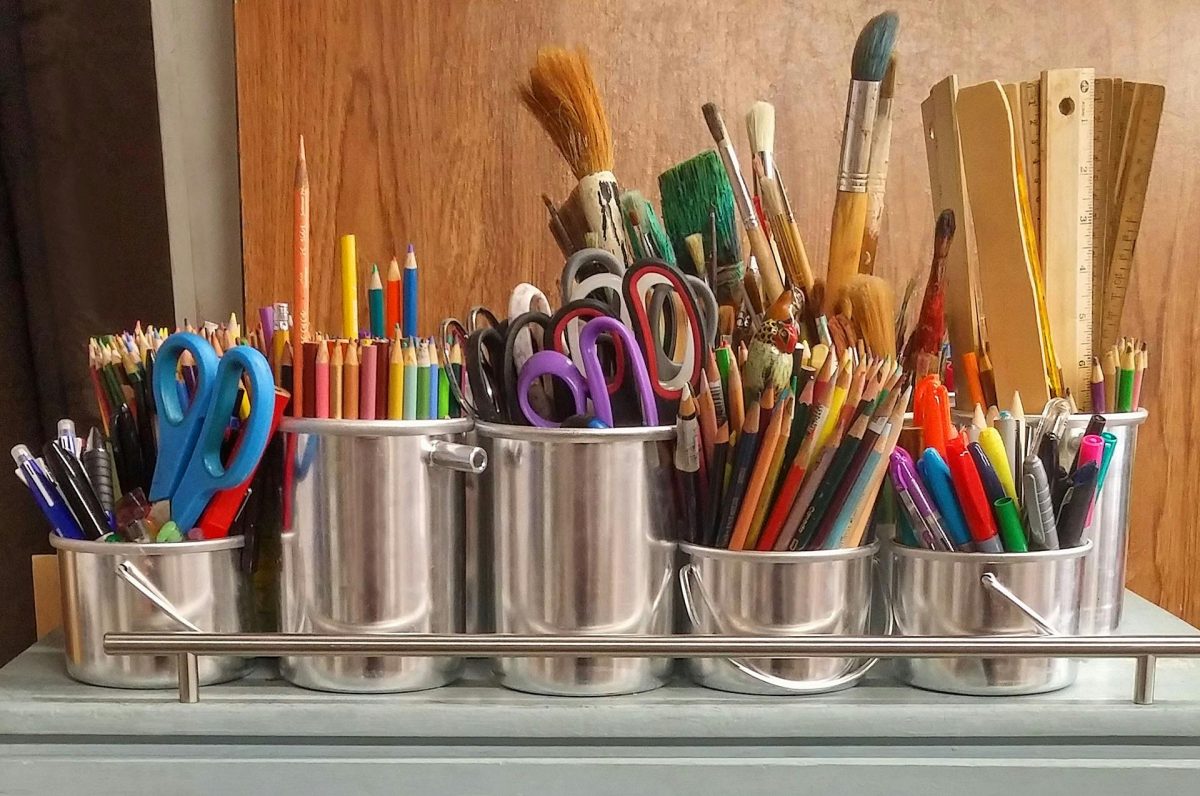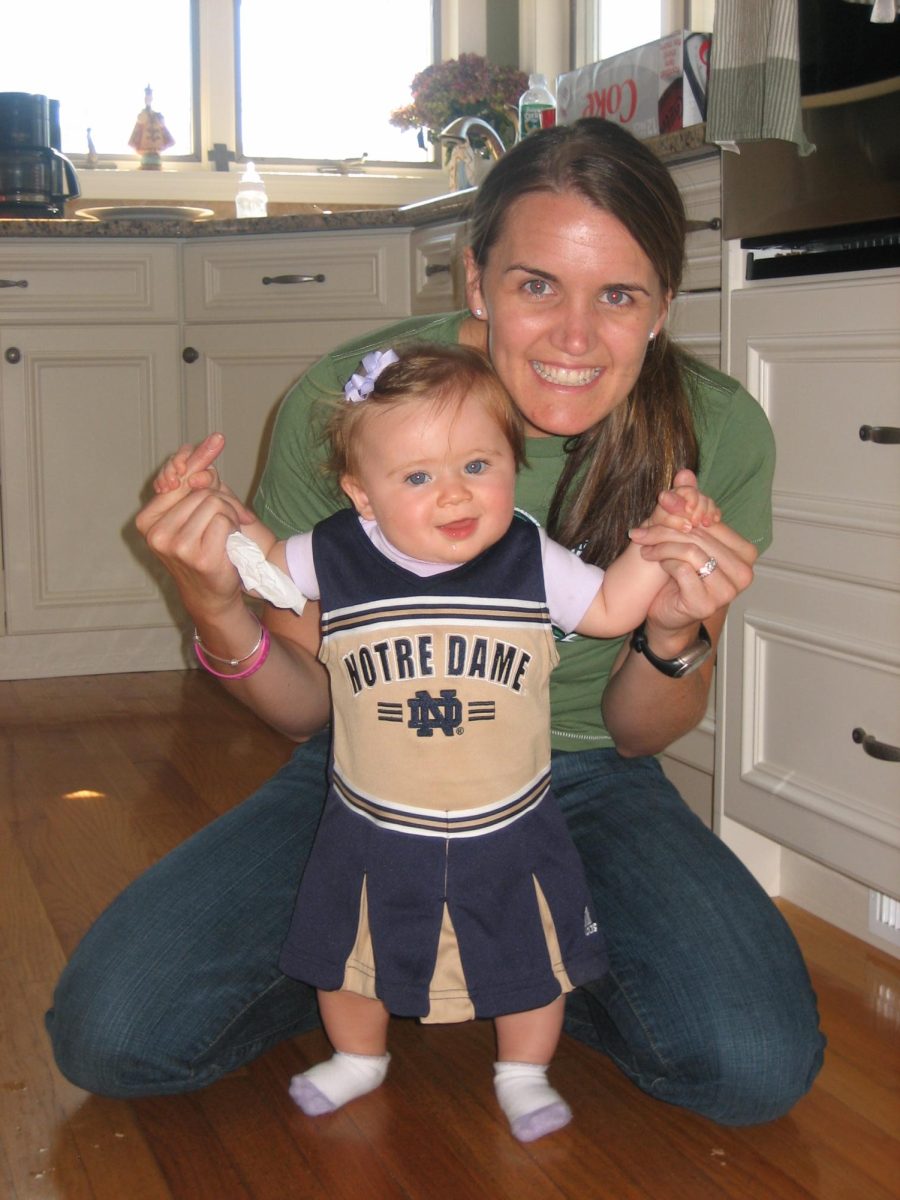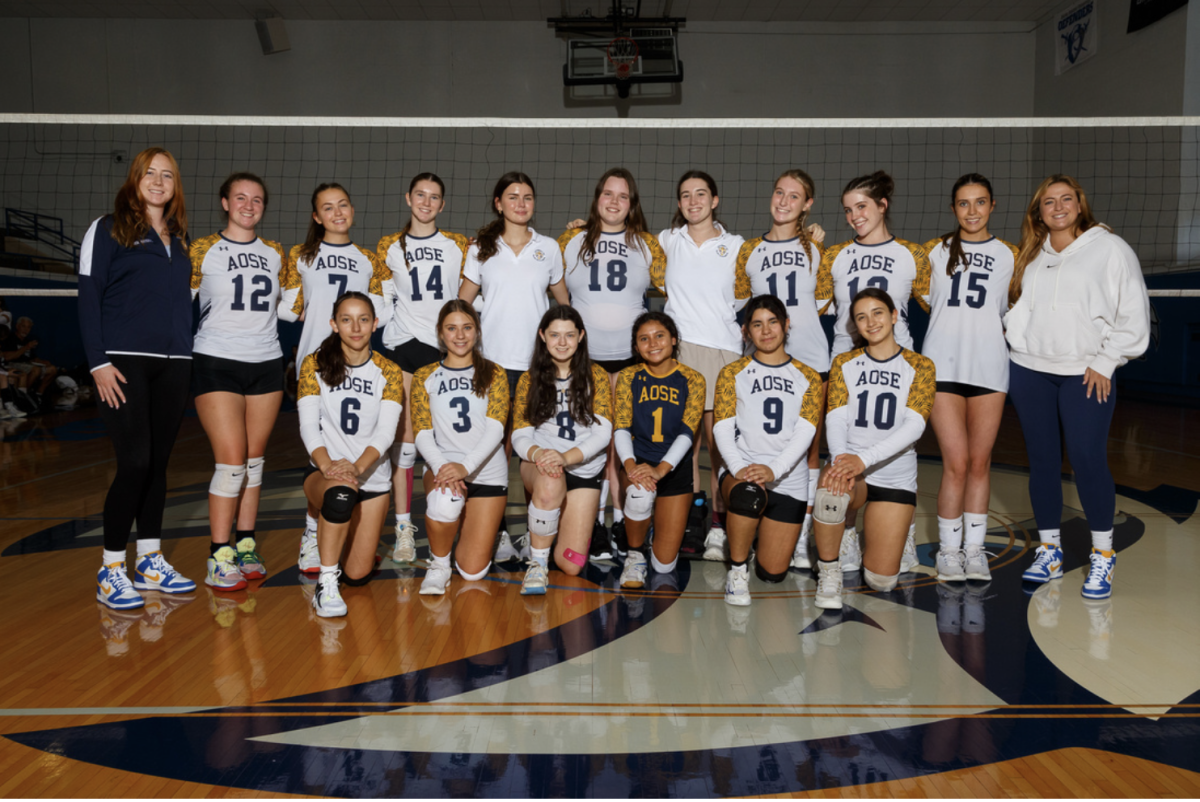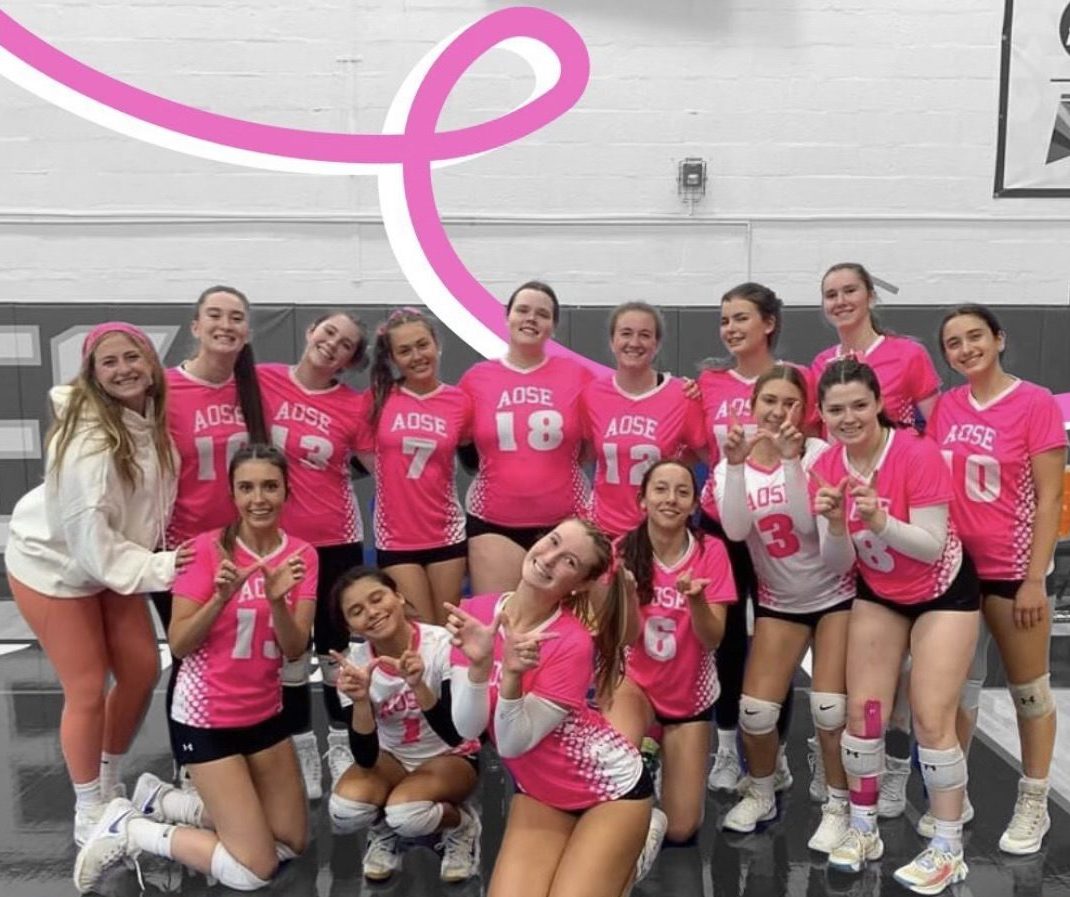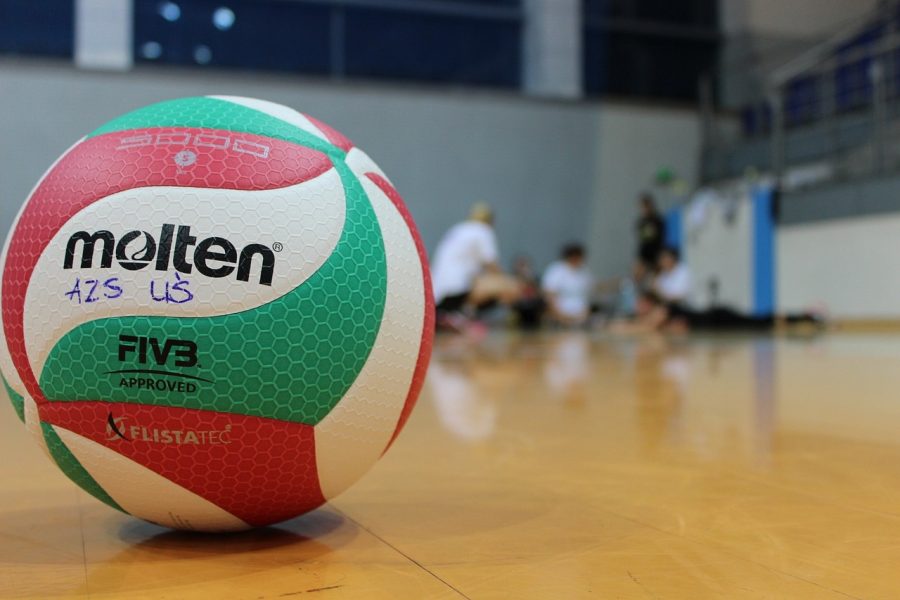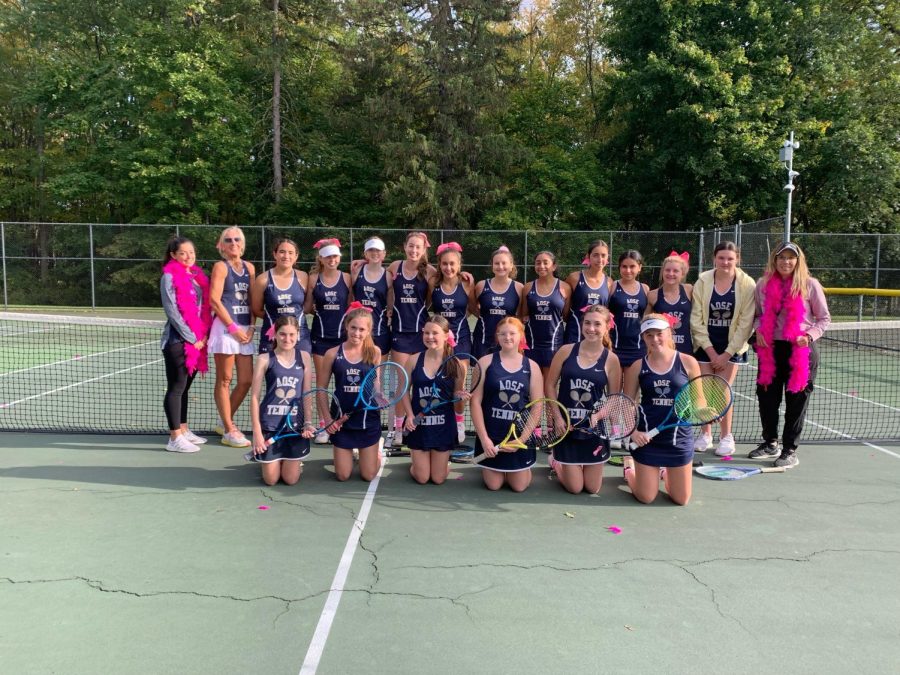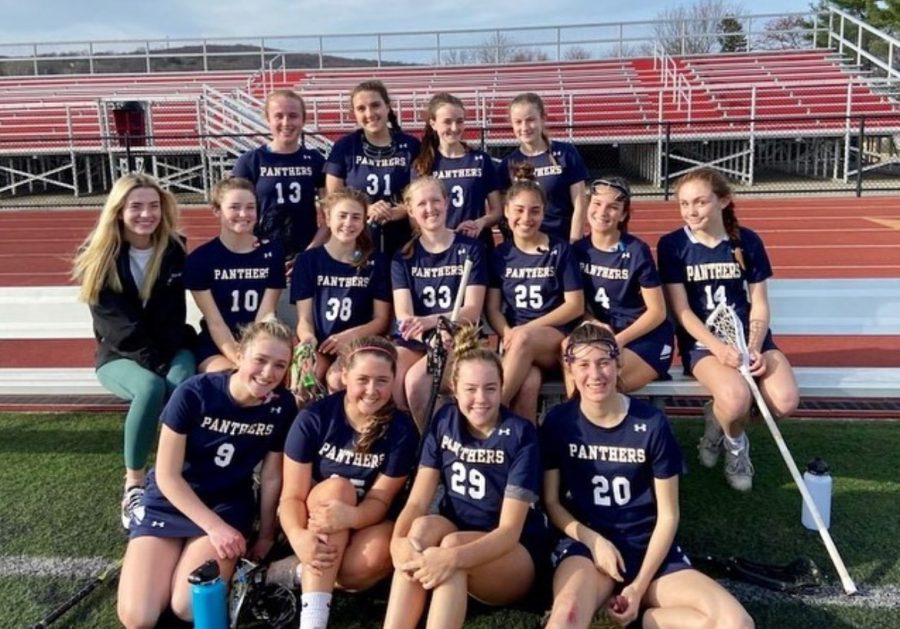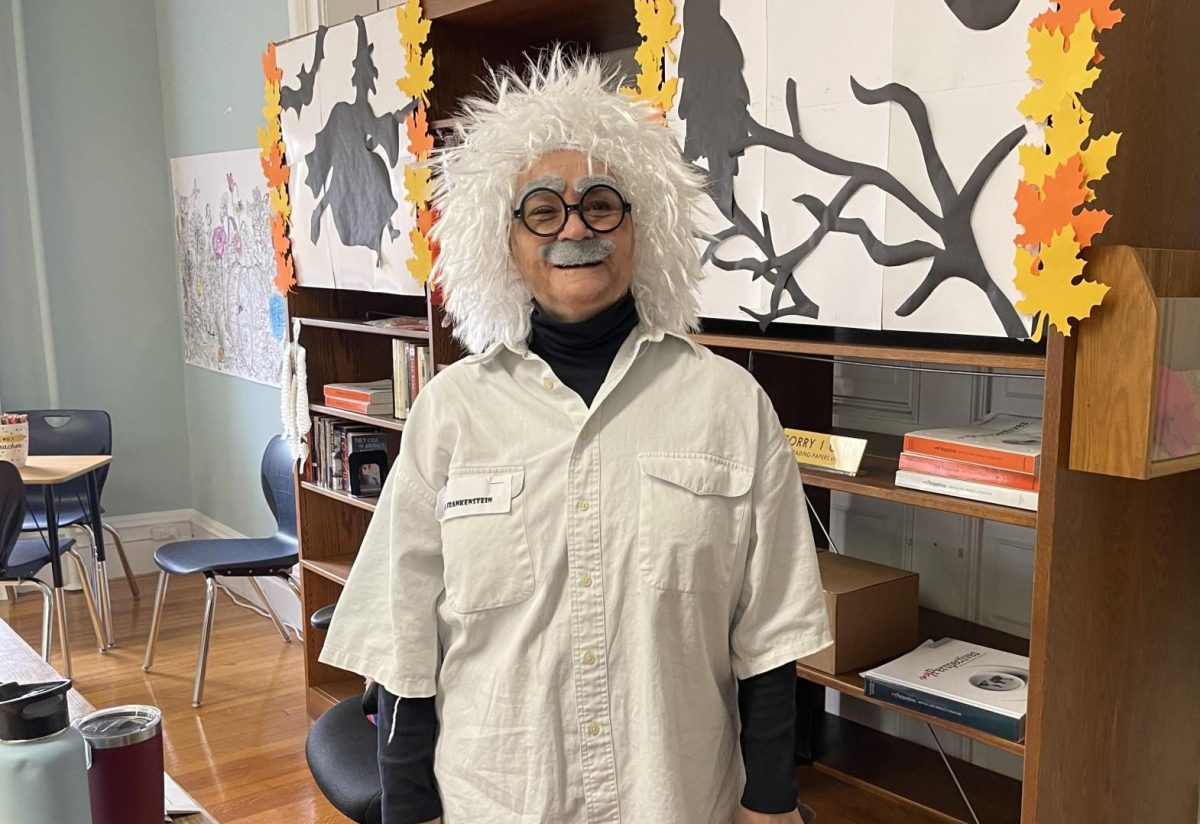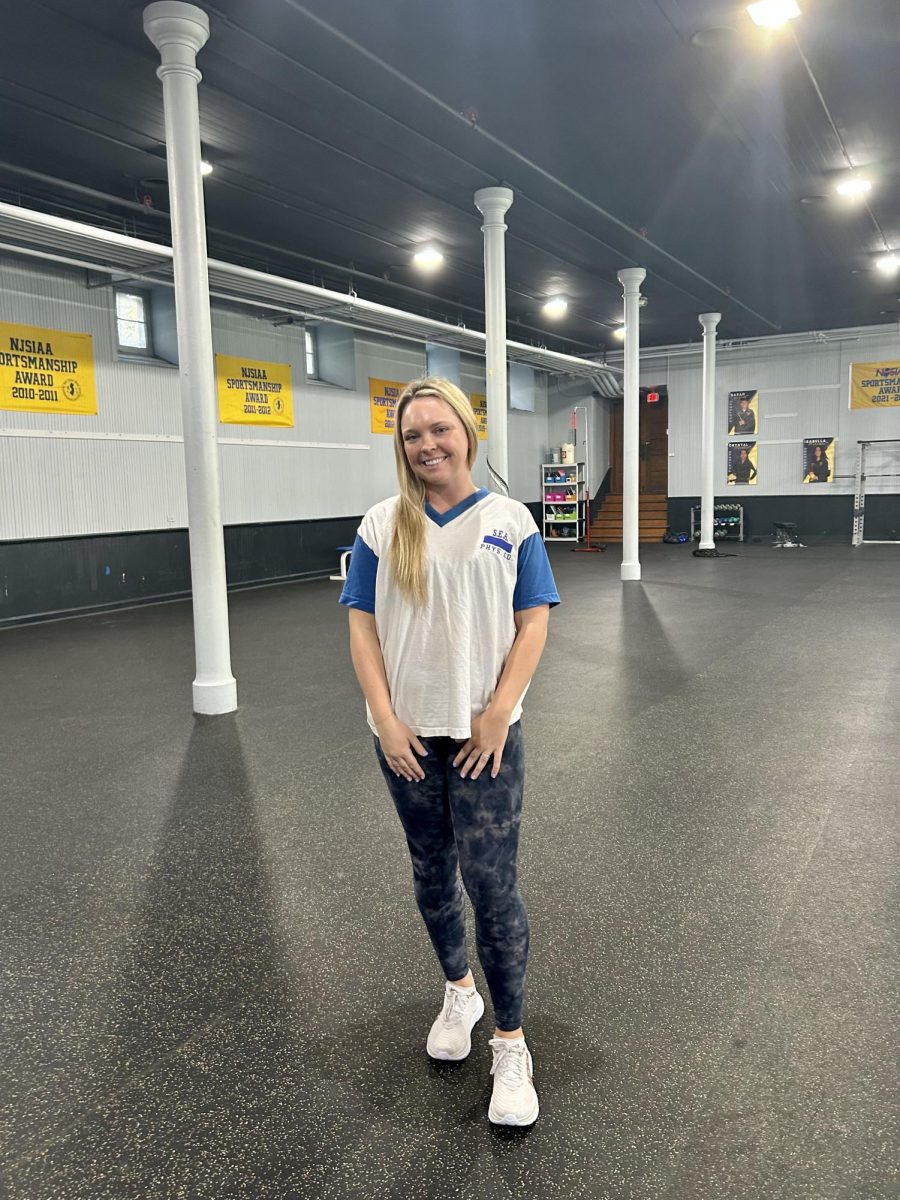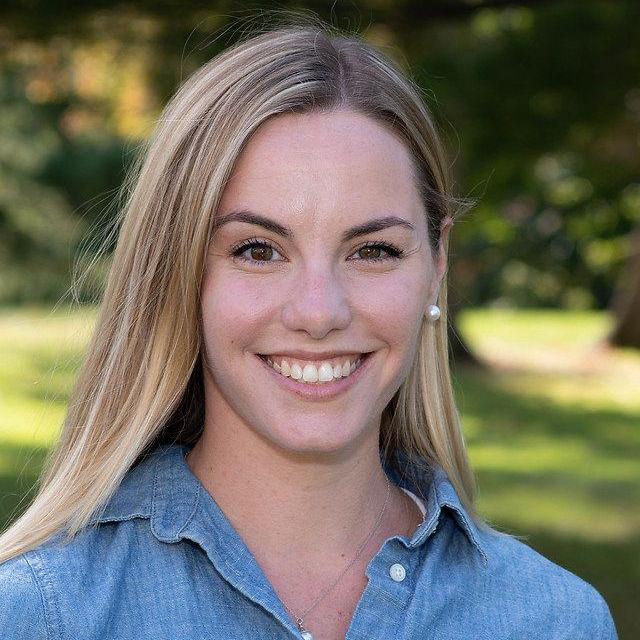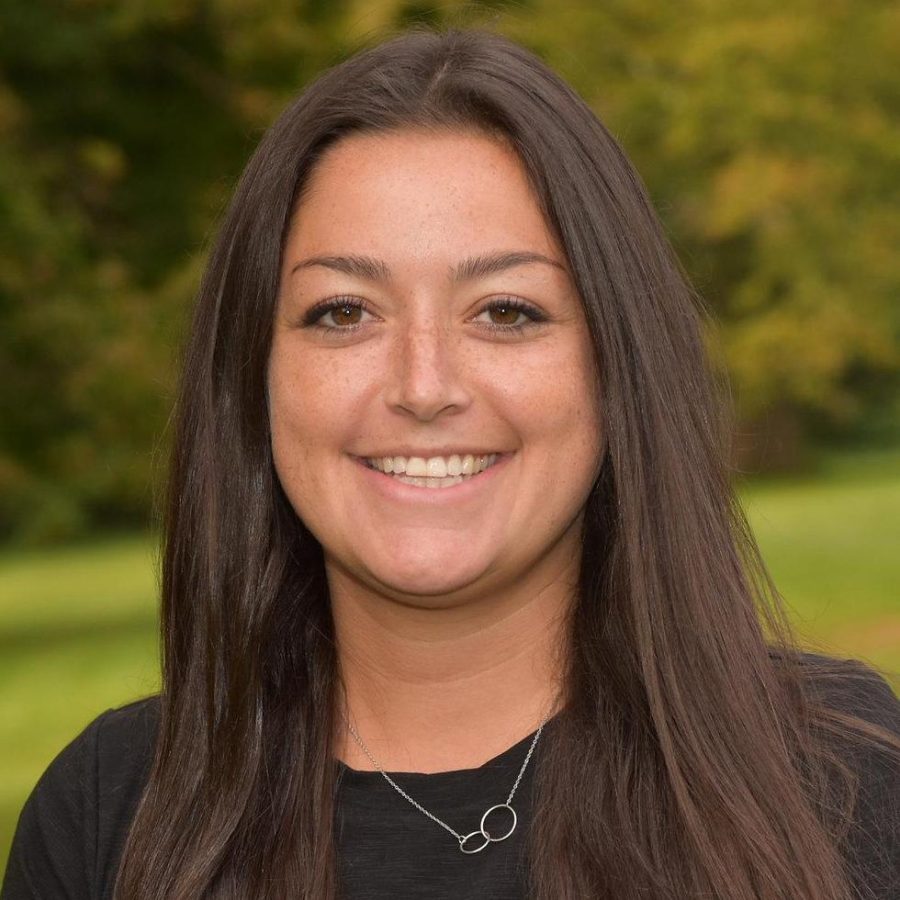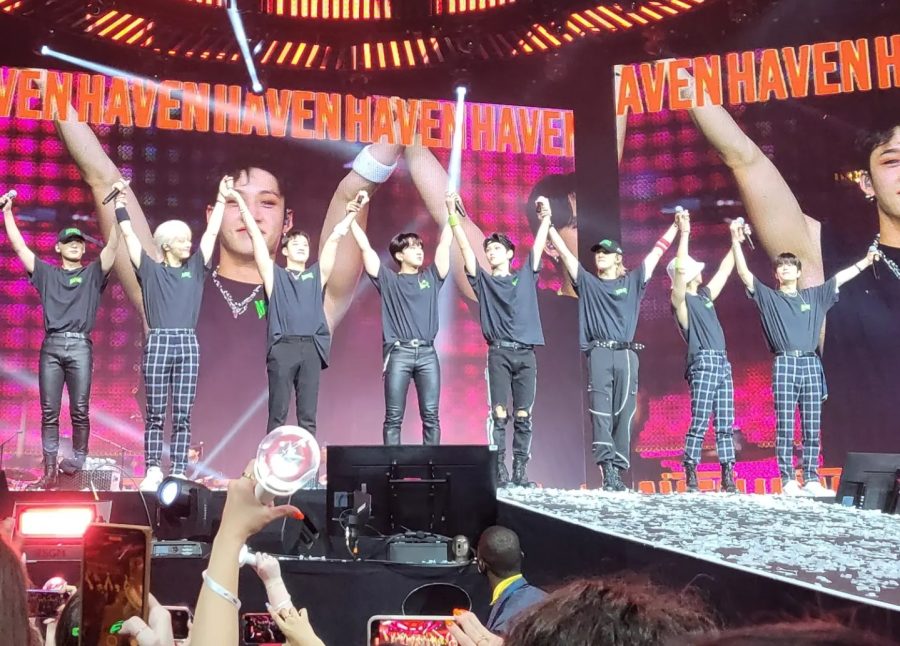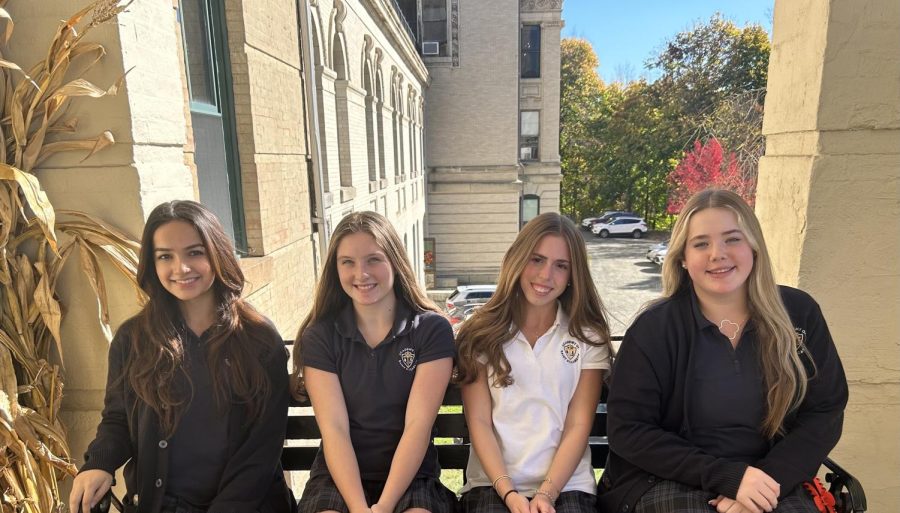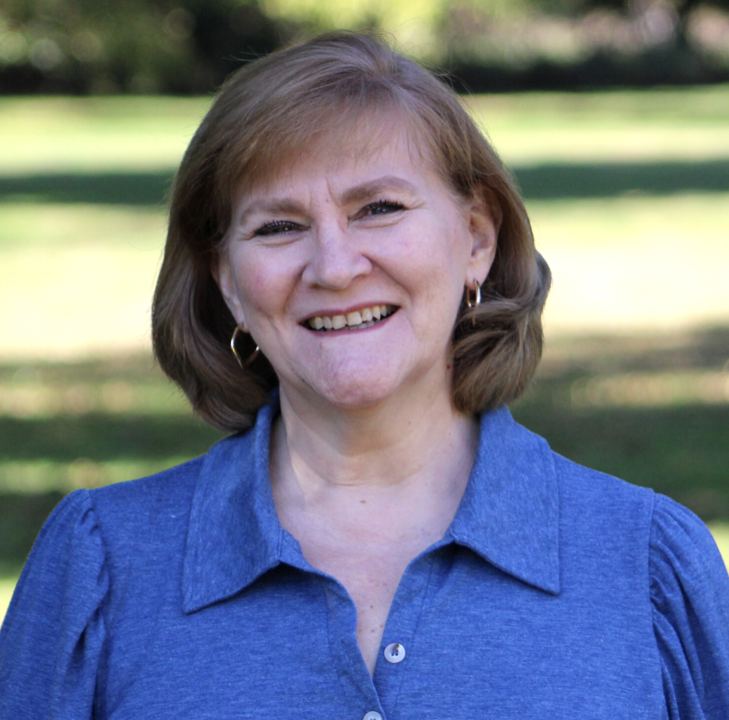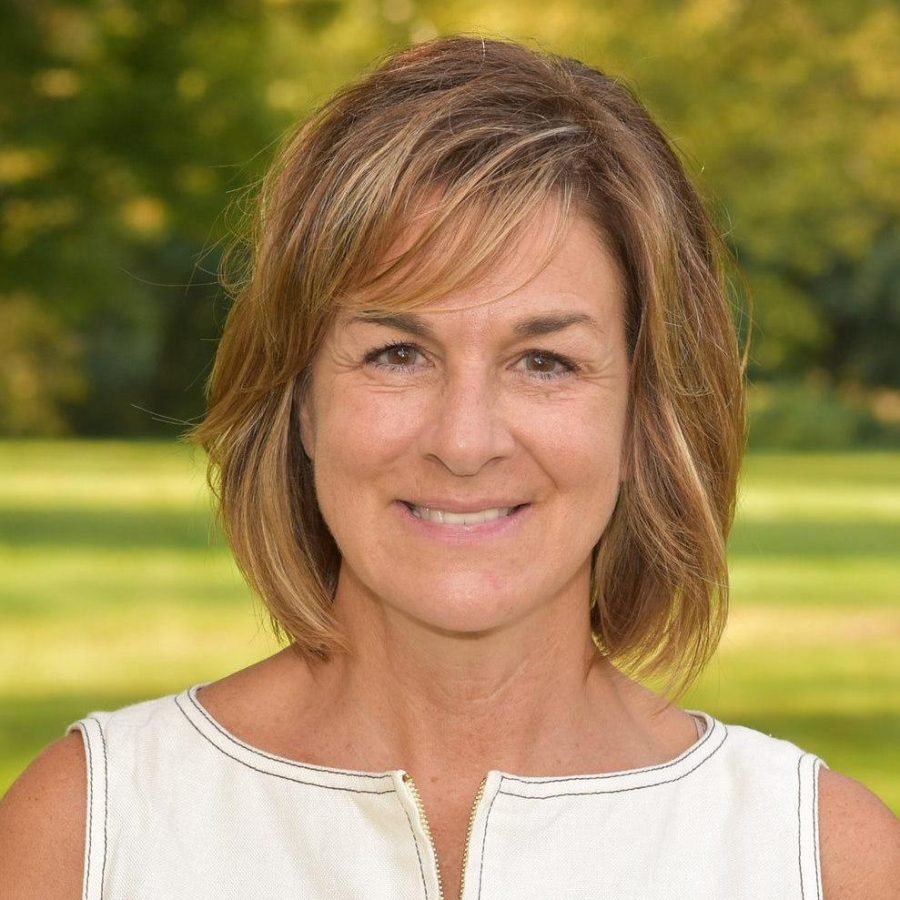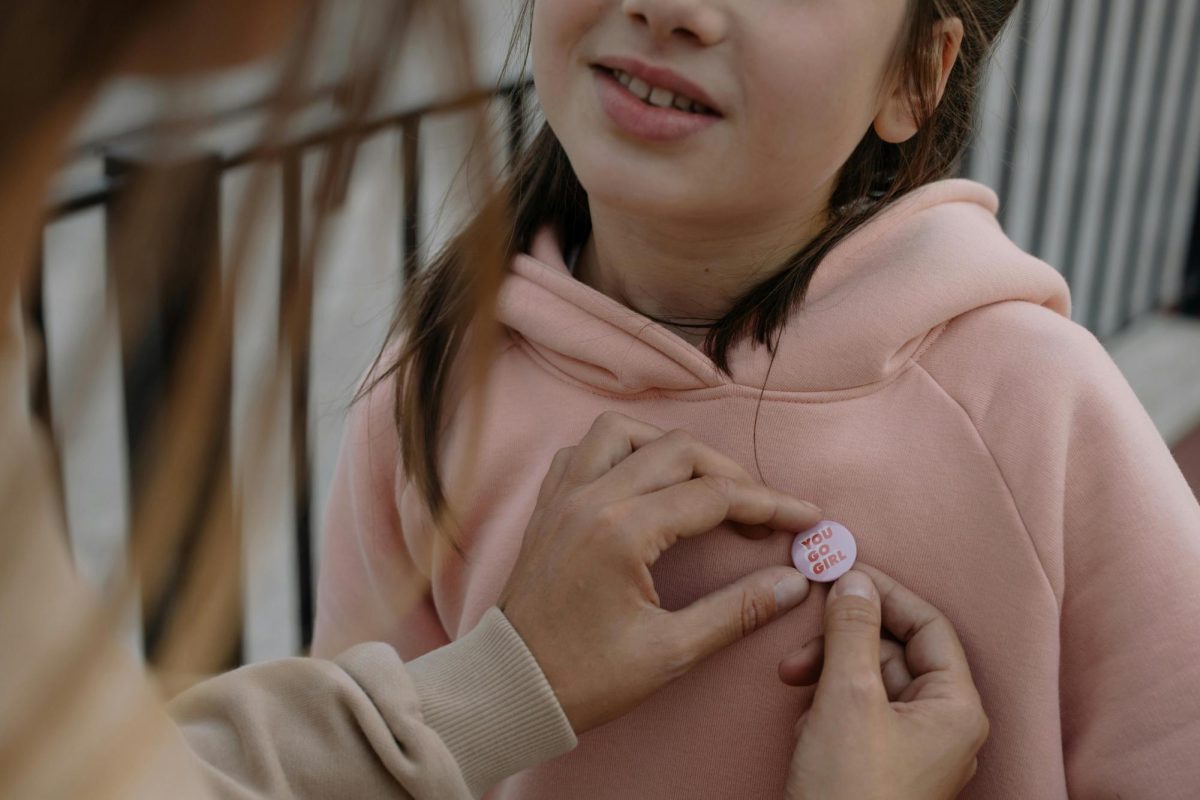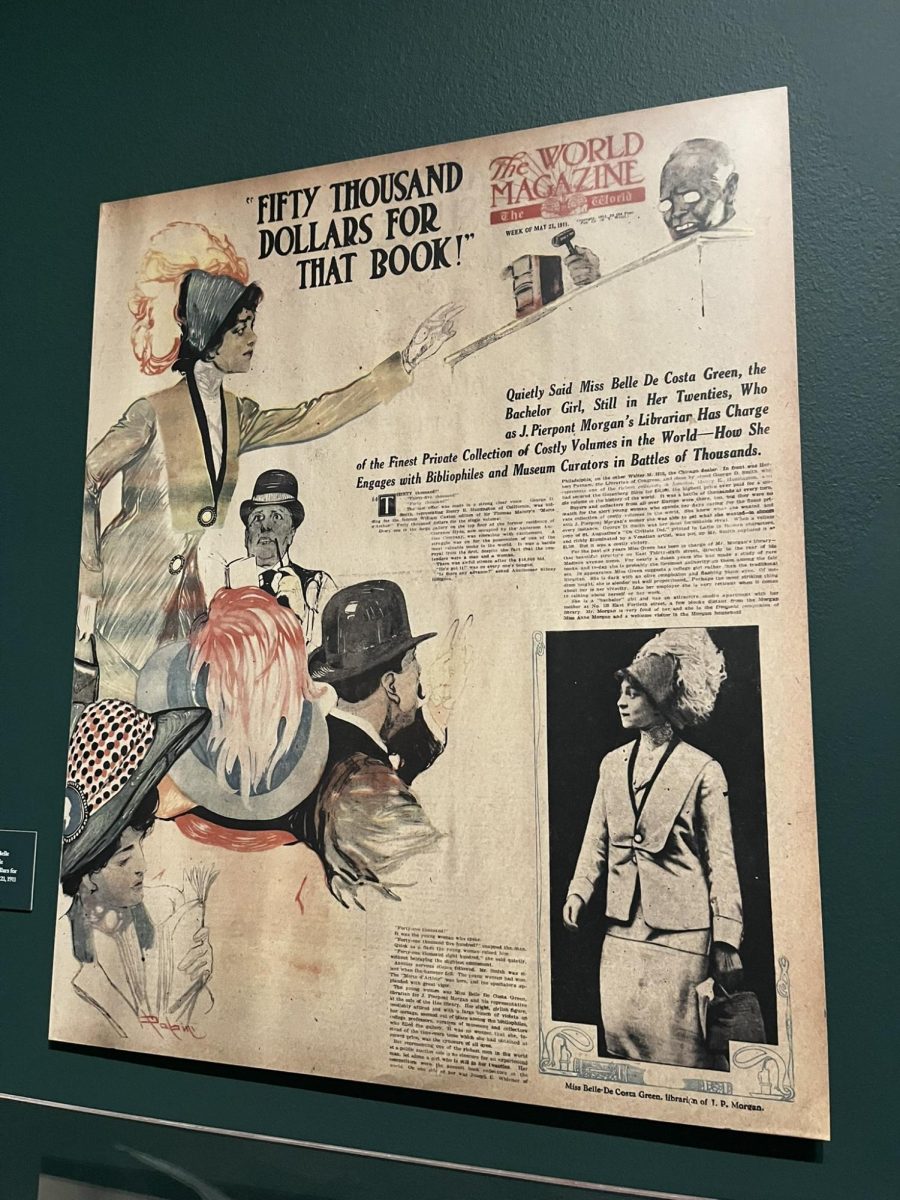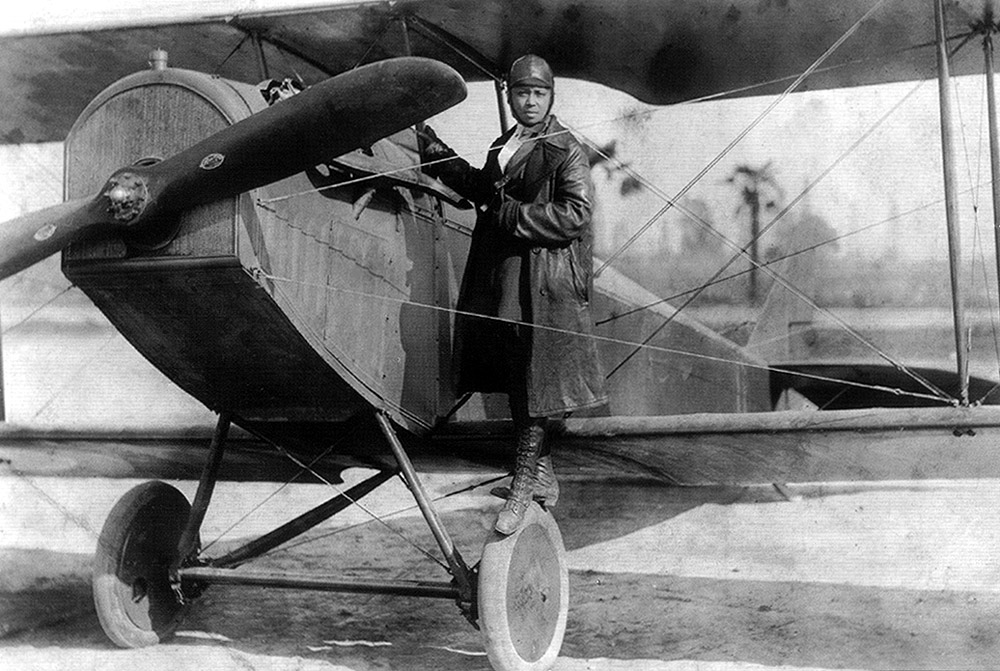Over the summer, I attended the Congress of Future Medical Leaders. Over 5,000 high schoolers from all over the country traveled to Boston, Massachusetts to listen to various renowned speakers share their stories and advice, guiding our generation towards our future as leaders in science and medicine. There were over 20 unique speakers, but one of them stood out to me: Gitanjali Rao.
When Rao was in seventh grade, she heard about a water crisis occurring in Flint, Michigan. The water was contaminated with large amounts of lead, damaging pipes and causing health issues. So, at only 11 years old, Rao was inspired to invent a brand new device, which she named Tethys, to more-efficiently detect bio-contaminants in water. Her innovation earned her widespread recognition; she won the 2017 Young Scientist Challenge, was named ‘America’s Top Young Scientist,’ and made it on Forbes’ 30 under 30 list in 2019. In 2020, she became the first ever Times Kid of the Year at fifteen years old.
And her innovation didn’t stop there. She began working on a device called Epione to diagnose opioid addiction early on using genetic engineering. She has also launched a digital solution to help end cyberbullying, called Kindly. It uses AI technology to check if a message is toxic, to encourage young people to think before they send a potentially hurtful message, and to stop cyberbullying at an early stage. Now, Rao is 18 years old and a freshman at MIT studying biological engineering. Needless to say, her incredible career in science is just getting started.

